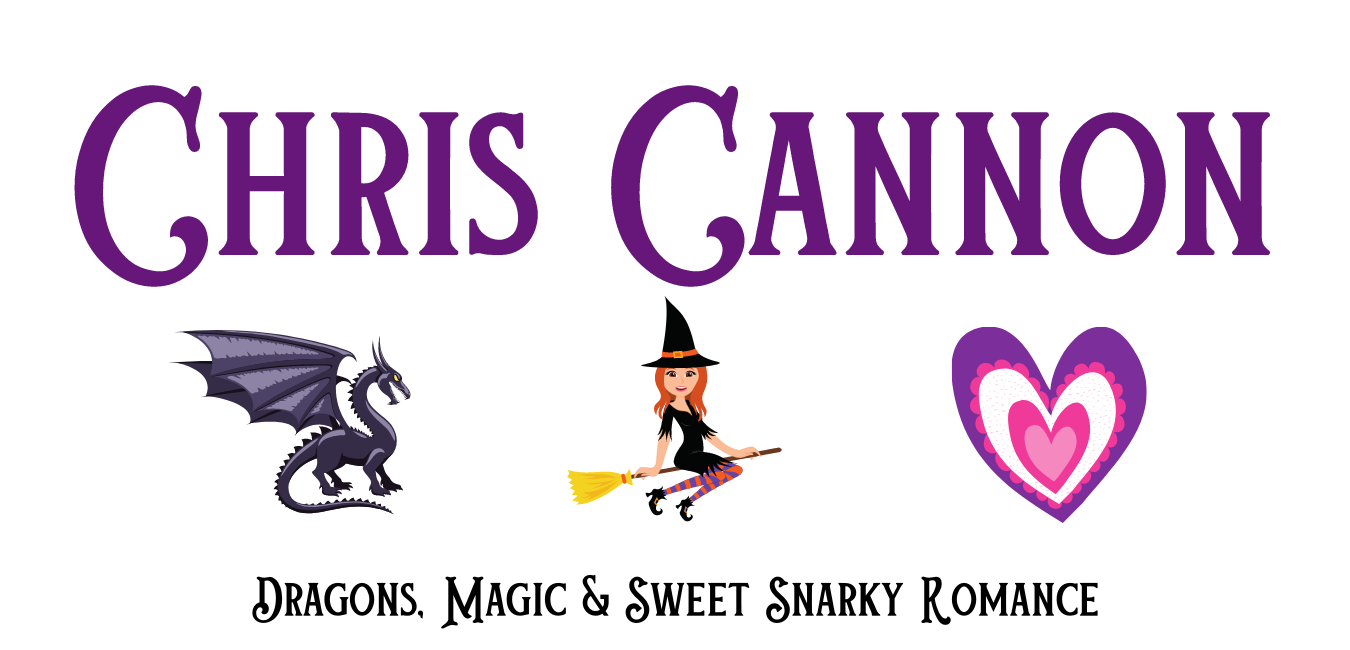 For most Americans, August means back to school time.
For most Americans, August means back to school time.
I love the start of a new school year, because it’s a new beginning, a chance to improve on what you taught the year before. All summer long, teachers hit garage sales and craft stores picking up new treasures to share with their kids. They are sure these new or gently used toys, games, and science projects will motivate all the kids and keep them on task. And it will work, until about October when candy season kicks in which is followed by turkey coma season and culminates in Christmas cookie eating and present procuring extravaganza.
Then it’s January. The No Man’s Land of teaching. The kids are back, but they are mourning Christmas break (the teachers are too) and there isn’t another respite until spring. And then the gift of all gifts occurs: a snow day. Teachers and students rejoice in the day of unexpected freedom. If you are a teacher, this is a day where you stay in your pajamas, drink hot cocoa and read a good book. And you might also call your friends who chose professions that are held in higher regard by society and pay much more money than teaching so you can tell them how you’re spending your day.
Once winter passes, kids and teachers hold out for Spring break when they can enjoy the warm weather. Once the break is over, the marathon run until summer begins. The nicer the weather is, the harder it is for students to pay attention. Not that it’s there fault. People seem to be biologically wired to crave sunshine and fresh air.
May hits and the count down to freedom begins. There isn’t a teachers’ lounge across the land that doesn’t have a countdown calendar, which all the teachers stare at longingly on their lunch breaks. When the last day hits, everyone rejoices, because it’s the culmination of a lot of hard work for both the teachers and the students.
The school year is kind of like writing a book. You start out with plans (a plot) and a grand idea of how things will turn out (the end). Then you start working with characters and coaxing them toward a goal. Sometimes the words come easy and sometimes you have to bribe your muse with chocolate and sparkly notebooks. There comes a time when you think you might have to kill off a character, but then you drink coffee and regroup. If you stick with it, and reach the end of the book, there is a great sense of accomplishment.
